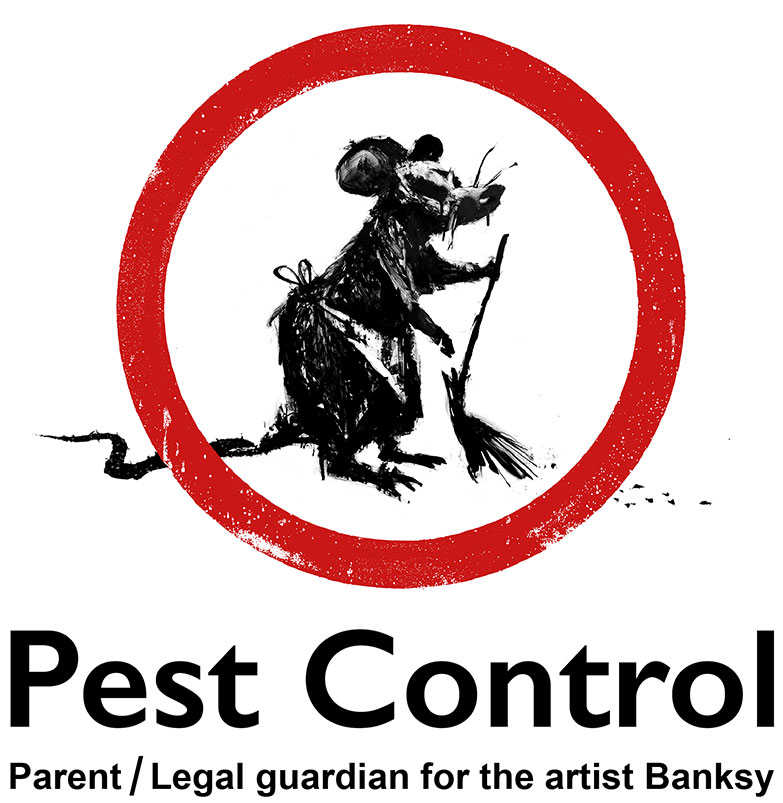A1 Charlotte Pest Control Companies - Your Regional Pest Experts
Bed Insect Treatment Failure: Contrasting Chemical Vs. Non-Chemical Solutions
In the realm of parasite control, particularly when taking care of the relentless problem of bed pests, the selection between chemical and non-chemical treatment options can be a pivotal one. Both methods supply distinctive benefits and drawbacks, affecting aspects such as performance, security considerations, and total price. By analyzing the nuanced details of each approach, a more clear understanding of which course to go after in attending to a bed insect infestation can be acquired.
Effectiveness of Chemical Treatments
Chemical treatments for bed bug problems have actually been widely acknowledged for their potent and fast efficacy in getting rid of these insects. When considering the efficiency of chemical treatments, it is important to understand that they can offer a extensive and quick service to a bed insect issue. Specialist pest control operators typically depend on insecticides to target bed pests at numerous phases of their life cycle, including adults, fairies, and eggs. These chemicals normally function by interfering with the bed insects' nerve system, causing paralysis and eventual fatality.
Additionally, chemical therapies have the advantage of supplying residual impacts, indicating that they can continue to eliminate bed insects even after the initial application. This recurring action is particularly valuable in combating any type of prospective re-infestations. In addition, the rapid activity of chemical therapies can bring relief to individuals encountering severe bed insect problems, permitting them to reclaim control of their space swiftly.
Safety Interest In Chemical Solutions
When using chemical options for bed bug therapy is making certain the safety of passengers and the environment,One vital aspect that needs careful consideration. While chemical treatments can be efficient in eliminating bed pests, they might pose risks otherwise handled correctly. Among the key security concerns with chemical remedies is the prospective harm they can trigger to human health. Direct exposure to particular chemicals used in bed insect therapies can result in respiratory system issues, skin inflammation, or other adverse reactions, specifically in individuals with pre-existing conditions or sensitivities. In addition, improper application or dose of chemical pesticides can lead to hazardous residues lingering in the cured location, positioning long-term health dangers to owners.
Additionally, the environmental impact of chemical options is another significant consideration. Some chemicals made use of in bed pest therapies may be damaging to advantageous insects, wild animals, and ecological communities if they leach into the dirt or water systems. It is necessary to utilize chemical treatments judiciously, complying with safety and security guidelines, and taking into consideration much less harmful alternatives to minimize these dangers and ensure the safe and efficient administration of bed pest problems.
Advantages of Non-Chemical Approaches
Taking into consideration the potential security worries and ecological effect related to chemical solutions for bed pest therapy, discovering non-chemical methods presents an appealing alternative with numerous distinctive benefits. Non-chemical methods provide a much safer choice for homes, especially those with pet dogs, youngsters, or individuals conscious extreme chemicals. These techniques remove the threats of direct exposure to hazardous substances, decreasing the capacity for adverse health impacts. In addition, non-chemical therapies are eco-friendly, as they do not add to air or water pollution, making them a sustainable selection for parasite control.
Additionally, non-chemical options can be reliable in targeting bed bugs, consisting of hard-to-reach areas where chemical therapies may not penetrate. Methods such as warmth therapy, vacuuming, vapor cleaning, and mattress coverings offer detailed obliteration without making use of unsafe chemicals. In addition, non-chemical strategies can be less disruptive, needing minimal prep work and permitting quicker reentry into treated areas. Overall, deciding for non-chemical bed pest treatment approaches not just focuses on safety and security and environmental management however additionally ensures thorough and efficient pest control.
Limitations of Non-Chemical Treatments

Furthermore, non-chemical treatments typically need numerous applications to accomplish effective elimination. This can be time-consuming and might not constantly assure full removal of all bed pests and their eggs, especially in concealed or hard-to-reach places.
Additionally, the success of non-chemical treatments greatly counts on correct application and thoroughness, which can be challenging for individuals without professional knowledge. Insufficient application of non-chemical methods might result in insufficient removal, causing persistent infestations weblink and the demand for additional therapies.
As a result, while non-chemical therapies have their benefits, it is vital to acknowledge these constraints and consider them when identifying the most effective strategy for managing bed bug problems.
Price Comparison: Chemical Vs. Non-Chemical Options
Given the constraints linked with non-chemical treatments, a vital element to evaluate in the context of bed bug administration is the expense contrast between chemical and non-chemical alternatives. In contrast, non-chemical therapies like warmth therapy or vapor can be more expensive, with prices ranging from $1,000 to $6,000 for a whole home. While the initial expense of chemical therapies might seem reduced, numerous therapies may be called for to totally get rid of the infestation, possibly raising the overall price.
Final Thought

Thinking about the prospective safety concerns and environmental effect associated with chemical remedies for bed pest therapy, exploring non-chemical strategies offers an appealing alternative with several unique advantages.Given pest control ca the limitations associated with non-chemical treatments, a vital facet to assess in the context of bed insect administration is the price contrast in between chemical and non-chemical choices. In contrast, non-chemical treatments like warmth therapy or vapor can be much more expensive, with expenses ranging from $1,000 to $6,000 for a whole home. While the initial expense of chemical therapies might appear reduced, several therapies might be called for to fully get rid of the invasion, possibly increasing the overall price.In final thought, when contrasting nearest pest control company chemical and non-chemical bed pest treatment alternatives, it is necessary to consider efficiency, safety and security, advantages, restrictions, and price.